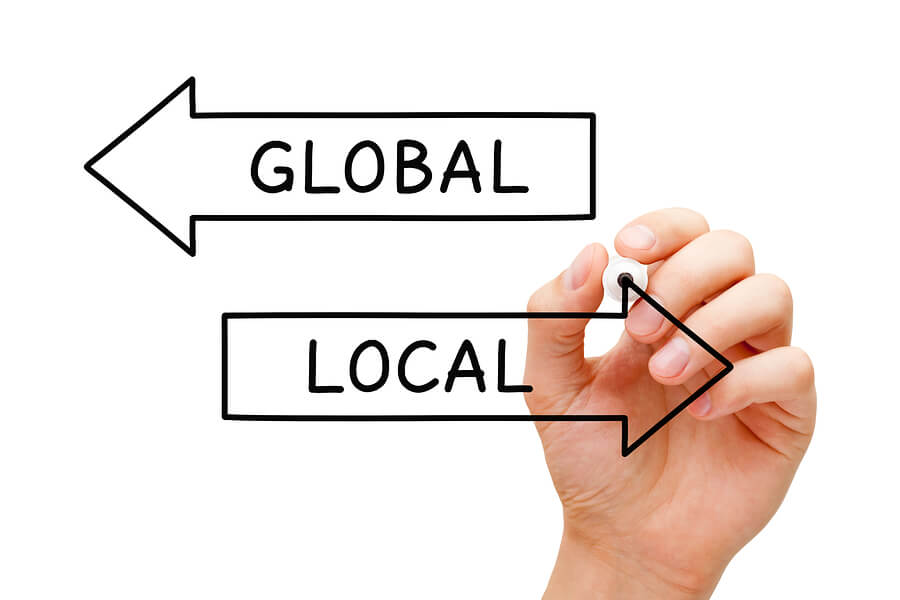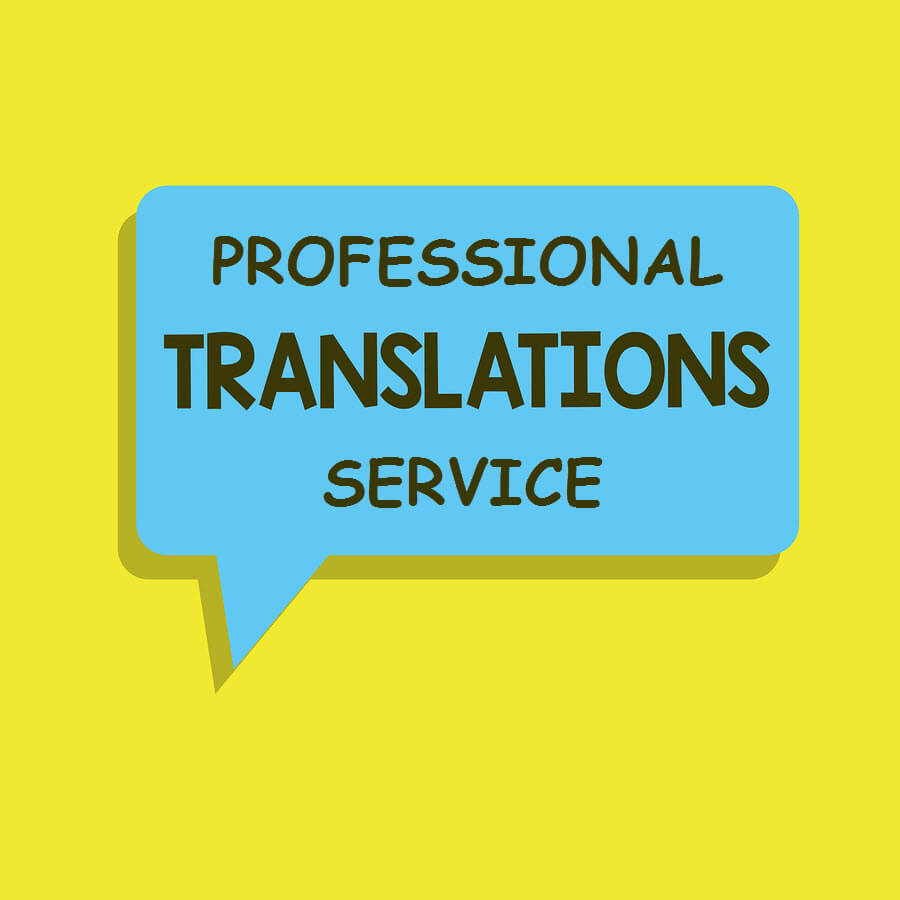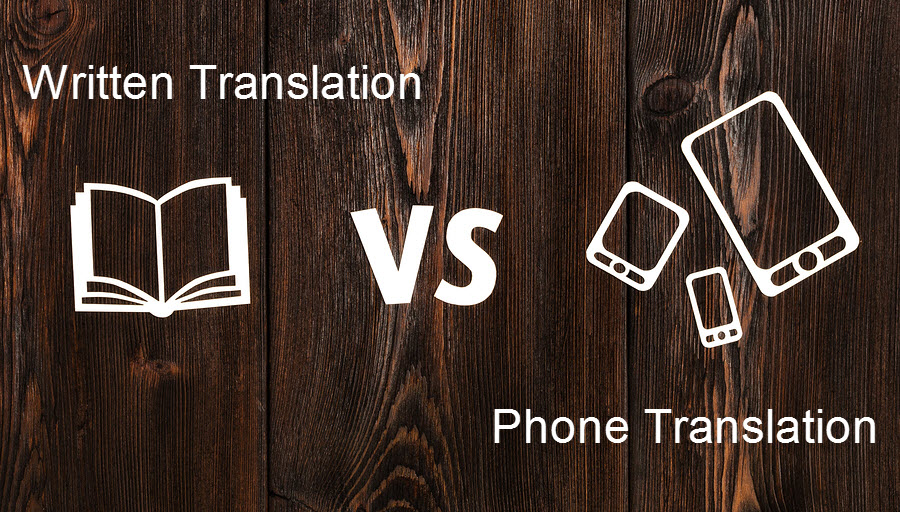In many ways today the world shares more than it has ever been able to do in history. People and businesses use smartphones to enable instant to connect while travelers and immigrants cross borders in search of new experiences and improved lives and opportunities. The rise of the internet to a global scale allows information and ideas to be shared in real-time. History books and language classes are a thing of the past as virtually everything can be learned or done online.
Businesses in the world market
The acronym GILT has been created by researchers referring to business activities. It means globalisation, internationalisation, localisation, and translation. Apart from the word “translation” which speaks for itself, what do the other 3 terms mean to businesses?
Localization, globalization, and internationalization appear to resemble one another but they are in fact different concepts. Understanding the difference between localisation and globalisation what the differences are among these three terms helps to make sure that a brand’s product message can have an effect globally.
What exactly is globalisation?
To be clear about it the term “globalisation” means any activity which unites cultures, people, and economies of many countries so as to bring them closer together. In the business sense “globalisation” refers to the practices which organizations use to connect with customers and business partners throughout the world. Amazon and eBay are classic examples of business globalisation as products are easy to purchase from either a business or individual from every corner of the world.
Many favorite consumer electronics are manufactured from raw materials found in India, which are transported to China which makes the electronics which are then transported and sold to countries like the USA. McDonald’s and other fast-food chains like KFC and Pizza Hut have marketed their logo, brand, and food so aggressively that they have gained enough customers to set up franchises in hundreds of countries throughout the world. The easily recognisable logo “swoosh” belonging to Nike has transcending different languages cultures to become a household name globally. So “globalisation” in business means any activity or process which operates in different overseas markets, from its product design to its marketing.
Consumers and companies both benefit from globalisation as there is a greater variety of consumer goods to choose from at competitive prices and businesses are able to increase their profits by engaging in business in the global market. These have both been fuelled by the rise in the internet and the expansion of fast, international air travel.
What is localization?
Through internationalisation, products are adapted and become user-friendly for customers in many different countries. As soon as internationalisation has taken place, localization commences. The difference between localization and globalisation is that localisation goes a step further as it is the actual process of adopting a good to specific targeted markets following the process of internationalisation. So you cannot call a business a globalised concern unless it has gone through localisation. This is the difference between localisation and globalisation.
McDonald’s as an example of localisation
Many of McDonald’s restaurants set up in Israel sell kosher drinks and food and they are not open on the Sabbath or during Jewish holidays. In India McDonald’s has now opened a restaurant that is meat-free because in India people do not consume pork or beef. In both of these two cases, McDonald’s has kept on its brand identity but adapted its services and products to suit local markets. These are clear examples of localisation.
The translation is part of the localisation
Translation and localisation cannot be separated. When products are marketed in a country that does not speak the same language as the marketing company translation is required. This is not just a straightforward word-for-word translation but the language has to be adapted to suit the culture of the targeted market. This is when the relationship between localisation and translation takes place. When localizing a product in a different language, the business has to get some things right. This includes getting:
- naming conventions right such as the use of last names;
- telephone number formatting right;
- correct time and date formats, like MM/DD/YYYY and DD/MM/YYYY;
- currency both symbol and amount right;
- the writing direction right which in most languages is left to right but in Arabic and Hebrew it’s right to left and it is vertical in a few Asian languages;
- the system of measurement right as either metric or imperial;
- punctuation right like quotation marks which are “in English, low quotes „in German, and guillemets «in the French language;
- electrical voltages, plugs, and frequencies right;
- legal requirements right.
An example of successful localization
A successfully localised product is purported to be Apple’s Siri virtual assistant. When users request a weather report from Siri or directions on how to get to a certain address, Siri is able to offer the answer in either Celsius or Fahrenheit or miles or kilometers respectively, depending on where the user is located. Users, if they wish, may choose Sri’s voice to be in their preferred accent which includes South African, American, or Australian English
Conclusion
So, when considering Localization v/s Globalization or the difference between localization and globalization, localization goes a step further by adopting a product to suit the culture of the targeted market while performing a culturally relevant translation.












